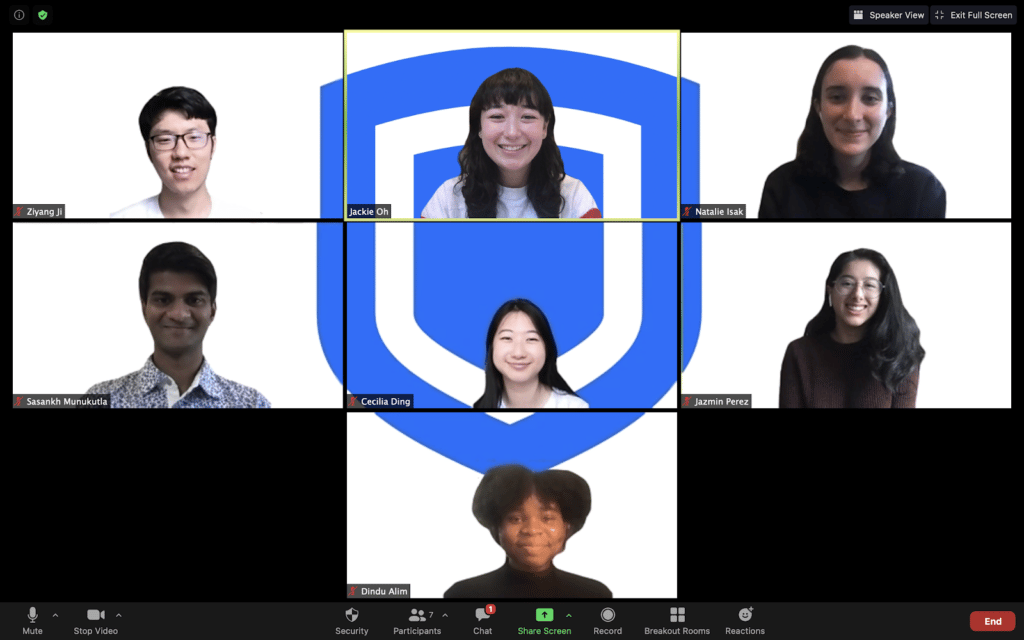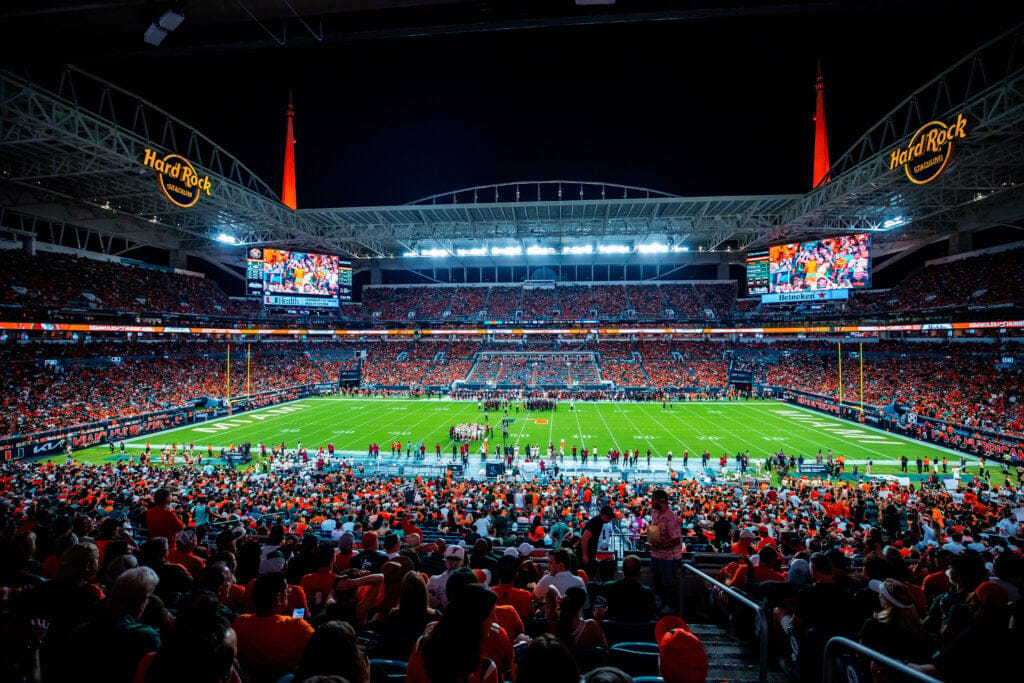Bringing Uber Freight to Chicago: A Conversation with Engineering Manager Tory Schober
September 12, 2019 / Global
Uber Freight has been gaining momentum ever since its launch two years ago, increasing sign-ups from carriers and shippers, and adding features to better help manage fleets and loads. Now, the San Francisco-based engineering team behind Uber Freight will augment their operations in Chicago, in a new hub for freight engineering, operations, and sales in the Midwest.
Uber Freight is leveraging marketplace technologies developed for Uber’s rideshare business. Shippers can make requests via the Freight platform to move loads to a destination, and carriers can indicate their availability to carry loads via the Freight app. Uber’s marketplace matches carriers to loads through many factors, including geo-location and equipment suitability.
 Building out our Chicago office means co-locating an engineering team with operations and sales staff, allowing on-the-ground communication to respond quickly to customer needs. Not only will engineers be close to the business, but also living in a city at the heart of logistics nationally.
Building out our Chicago office means co-locating an engineering team with operations and sales staff, allowing on-the-ground communication to respond quickly to customer needs. Not only will engineers be close to the business, but also living in a city at the heart of logistics nationally.
Uber Engineering Manager Tory Schober is set to run the engineering team in the Chicago office. Hailing from the Midwest, Tory earned his engineering degree from Saint Louis University. With over four years of experience at Uber, he understands the marketplace platform and how it can make the shipping industry more efficient.
We sat down with Tory to get a better understanding of how the engineering team in the Chicago office will further Uber Freight’s momentum:
Uber is opening a new engineering office in Chicago. What work will be the primary focus of this office?
As part of Freight HQ, our Chicago-based engineering team is going to be extremely customer focused. With teams in Chicago already working across account management, operations, sales, and support, we’ll be building key new products, integrations, and operational tools that will accelerate the business forward. It’s a fantastic opportunity to have engineering be co-located with the rest of our amazing Freight team.
What are the advantages of opening this office in Chicago?
There are multiple strategic aspects of choosing Chicago as the next Uber Freight engineering hub. Chicago is a central part of the U.S. logistics and trucking spaces. We’ll look to leverage the city’s deep logistics expertise and growing tech talent. And by placing engineering alongside the business, we’ll be able to more rapidly build solutions for our specific customer needs. We believe that the synergy between hiring top talent and cohesion across business and engineering will lead to an overall better product for our customers.
How does being closer to trucking industry hubs benefit engineers and other employees working on Uber Freight?
Being closer to trucking hubs provides an amazing opportunity for the team to build empathy for our users. There is no better way to deeply understand the challenges that Uber Freight users are facing than by direct engagement and observation with carriers and shippers. This will empower our team to build custom tech solutions that will greatly enhance and streamline the existing industry.
Can you summarize how Uber Freight works?
Much like how Uber connects riders and drivers, Uber Freight connects shippers with carriers. The goal of Uber Freight is to strike that balance across both sides of the marketplace to provide transparency and flexibility to shippers and carriers. We believe that empowering carriers and their drivers will lead to more open, efficient, and ultimately safer transportation.
What is your history with Uber, and what role will you play in the new Chicago office?
I’ve been fortunate to have been with Uber for over four years now. It’s been such an impactful company to be part of, and the learning truly never stops. My primary focus initially with the Chicago office will be to help build out the engineering team. This starts with recruiting and hiring. We’re excited to tap into Chicago’s growing tech talent pool as we lay the foundation for this engineering group for years to come.
How has your experience on Uber’s Marketplace team informed your understanding of Uber Freight and the ways in which the trucking industry is ripe for change?
Uber’s Marketplace team exposed me to an incredible set of challenges in balancing a two-sided marketplace. Some of the key areas included the experiences, the platforms, and the algorithms that power the core ridesharing business. The trucking industry is prime for disruption due to decades of manual, legacy workflows and technologies. By leveraging the learnings and technology that has already been built and extending it to meet core freight use cases, we are able to bring immediate efficiency to our freight operations and workflows.
What are some of the biggest logistics and cultural pain points in the trucking space and how does Uber Freight address these?
One of the common themes that I’ll continue to focus on is the lack of transparency in the freight industry. For carriers, this means access to more loads, hassle-free booking, and a better understanding of shipping facilities. On the shipper front, this means more visibility in the tracking of loads and pricing. The goal ultimately being that Uber Freight provides more overall clarity and control for carriers and shippers to manage their business.
What are the challenges that Uber Freight faces in tailoring Uber’s technology for the trucking industry?
The most fundamental challenge revolves around Uber Freight’s B2B business model. As opposed to Uber’s B2C business model for ridesharing, Uber Freight is operating in an existing industry that has its own technology, processes, and operating models. This requires greater agility in integration with shippers and carriers, and more customer-specific solutions. The team in Chicago will play a big role in prototyping tailored solutions that proves the business value for these customers.
Any final thoughts about the future of Uber Freight in Chicago?
I’m thrilled by the investment being made in Chicago and the overall growth of Uber Freight. I’m originally from the Midwest and am ecstatic to grow Chicago’s tech ecosystem. There are so many exciting and impactful engineering challenges that we’re going to be solving for as we build out the Chicago office.
Interested in building software to help improve the lives of carriers and make shipping more efficient? Consider joining our team!

Wayne Cunningham
Wayne Cunningham, senior editor for Uber Tech Brand, has enjoyed a long career in technology journalism. Wayne has always covered cutting edge topics, from the early days of the web to the threat of spyware to self-driving cars. In his spare time he writes fiction, having published two novels, and indulges in film photography.
Posted by Wayne Cunningham
Related articles

Meet the 2020 Safety Engineering Interns: COVID Edition
October 29, 2020 / Global
Most popular

How Uber Eats fuels the University of Miami Hurricanes off the field

How Uber Uses Ray® to Optimize the Rides Business

MySQL At Uber




